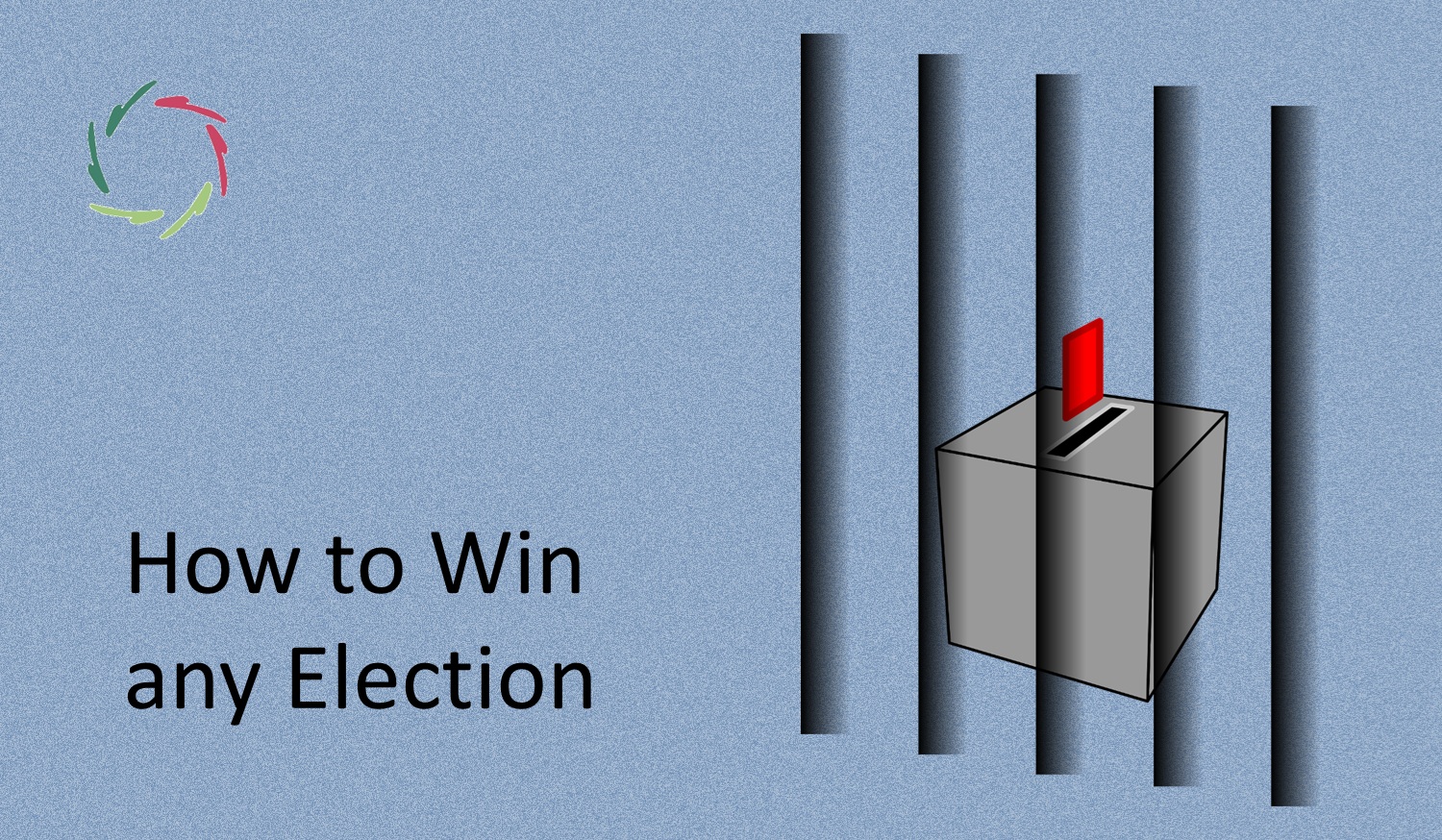The Life that Could Have Been

Every woman with a child in her belly has an emotional bond with it. That is why she calls it a child. If this child’s life is abruptly ended, we have an abortion.
When?
To some women, this may be the moment of the positive predictor test. To other women, it may be much later. One cannot put a date to this.
In the beginning, the fetus has no human appearance. For instance, in one stage, it looks like a fish. Of course, the ‘child’ is not related to this appearance but to what it symbolizes.
Bond
If there is an emotional bond, whether the woman herself or someone/something else ends it, the ‘life that could have been’ may be profoundly meaningful to the woman for quite some time ― maybe for the rest of her life.
She then also has a ‘life that could have been.’ That’s the life of herself as the mother of this child.
Meaningful
This should be taken care of very humanely in every single case. At least, the woman deserves deep listening-to.
Many women who have ever had an abortion – also if induced – suffer with symptoms akin to those of post-traumatic stress: bouts of sadness, flashbacks, etc.
My deceased mother was one of them.
It becomes a child from the moment the woman feels it as a child.
From that moment, taking it away is an abortion.
The right to decide what happens within one’s inside is an inalienable right ― apart from the child’s right. But then we are back to who decides whether it’s a child.
Should this be a cognitive decision or a deeply felt emotional one?
One can discuss this for a long time. But:
No one wants to kill her babies.
Preventing people from killing babies is not a valid argument.
Having the right to kill babies is not a valid argument.
It’s not even a valid discussion. Even there being a discussion is hardly valid.
So, what to do if you don’t like abortions?
Talk with the pregnant woman. Does she see the content of her uterus as a child?
If yes, she needs your support. With your optimal support, she will not ‘kill her baby.’ Of course, throwing guilty stones is far from optimal support. Look at yourself. Would you in no extreme circumstance whatsoever think of ending any unborn life?
If not, you may have different ideas about what constitutes a child. Interesting ― but again, look at yourself. Where does your idea come from? Was it carved in some stone? Are you sure? Now, be deadly honest, even if it is for once.
Then, also, ask the life that could have been.
This should be a challenging and interesting experience.
If not, who is fooling whom?


